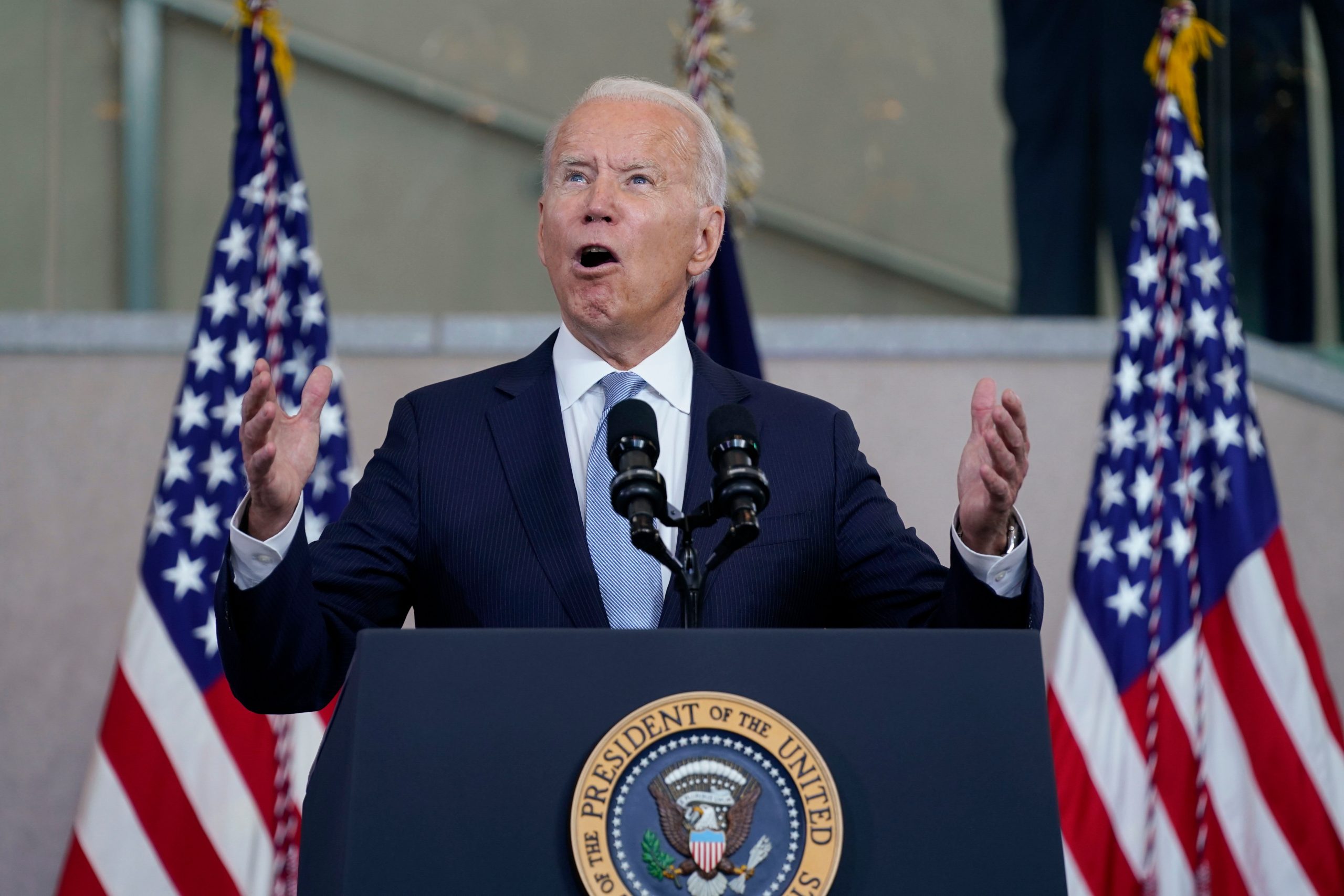In the very first test, the long-sought bipartisan infrastructure package, which a bipartisan group of senators brokered with President Joe Biden, stumbled at the Senate voting, blocking the trillion-dollar measure’s advancement and thus forcing Democrats and Republicans to grapple for a compromise.
Republican senators in the 50-50 chamber united to block the package from moving forward in a key procedural vote. The party-line vote was 51-49 against proceeding, leaving Democrats well short of the 60 votes needed to overcome a filibuster and formally begin debate on the plan.
ALSO READ | An American century: Joe Biden’s plan for an infrastructurally sound US
The Democratic leader switched his vote to “no” at the end, a procedural step that would allow him to move to reconsider.
Several Republicans including Senator Mitt Romney, one of the negotiators, have argued that more time is needed to thrash out the details, primarily how to raise sufficient revenue to fund the once-in-a-generation spending initiative. They sought a delay until Monday.
However, Republicans and Democrats alike expressed optimism that a deal can be finalized in the coming days so as to be ready for another floor vote next week.
President Joe Biden has made the repair of America’s roads, bridges and water pipes a priority in his sprawling domestic agenda, which also includes historic investments in health, education, climate change resilience and social welfare programs.
Democratic Majority Leader Chuck Schumer of New York had scheduled the procedural vote that he described as a step to “get the ball rolling” as talks progress, but Republicans mounted a filibuster.
ALSO READ | All you need to know about Joe Biden’s $1.2 trillion infrastructure plan
The nearly $1 trillion measure over five years includes about $579 billion in new spending on roads, broadband and other public works projects — the first phase of Biden’s infrastructure agenda, to be followed by a much broader $3.5 trillion second measure from Democrats next month.
However, considering Senate Republican leader Mitch McConnell’s stand that big spending is “the last thing American families need,” it will be interesting to say how the Democrats can fetch a bipartisan consensus and overcome the filibuster.







